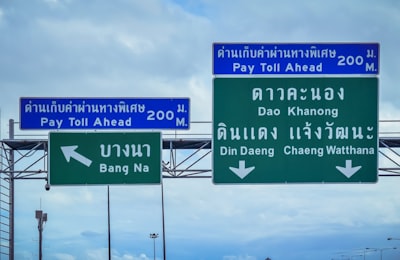Thailand’s new Prime Minister, Paetongtarn Shinawatra, stands on unstable ground as she faces an unprecedented court challenge—a moment that will reverberate far beyond the intricacies of Thai politics. The heart of the issue lies not just in her leadership or policy agenda, but in Thailand’s ongoing battle between elite institutions and the popular will.
Why This Court Test Matters
Paetongtarn, the daughter of ousted former leader Thaksin Shinawatra, carries both his populist legacy and the associated baggage. Her ascent marked a rare moment of optimism for Thailand’s pro-democracy supporters, who see her as a vehicle for political normalization after years of military-backed governments. However, her mandate is tenuous; legal hurdles and constant challenges—notably from conservative agencies and the Constitutional Court—threaten to undermine her government before it can establish real momentum.
The Core Dilemmas
At stake is more than one leader’s political future; it is a contest over the meaning of democracy in Thailand.
| Perspective | Arguments |
|---|---|
| Pro-Paetongtarn | Electoral legitimacy; mandate for reform and reconciliation. |
| Conservative Opposition | Protecting national stability; worries over populism and family dynasties. |
The court’s decision could set a precedent for future governments. If Paetongtarn is sidelined, it would signal that electoral victories hold little sway against institutional powers. Conversely, surviving this storm might embolden reformers and alter the country’s political trajectory.
Broader Trends and Implications
Thailand’s predicament mirrors global struggles: populist figures versus entrenched elites, judicial intervention in politics, and societies split over the direction of progress. The Paetongtarn saga reveals how legal mechanisms in semi-democratic systems often become instruments for consolidating or contesting power, rather than merely dispensing justice. Such dynamics are unlikely to remain confined to Thailand as similar tensions simmer elsewhere in Southeast Asia.
Key Takeaway
Thai citizens, and democracy-watchers abroad, should look beyond personalities and consider what this battle means for governance norms and the balance between popular sovereignty and institutional oversight.
This article was inspired by the headline: 'Thai PM Paetongtarn faces court test as she struggles to survive'.

Comments
No comments yet. Be the first to comment!